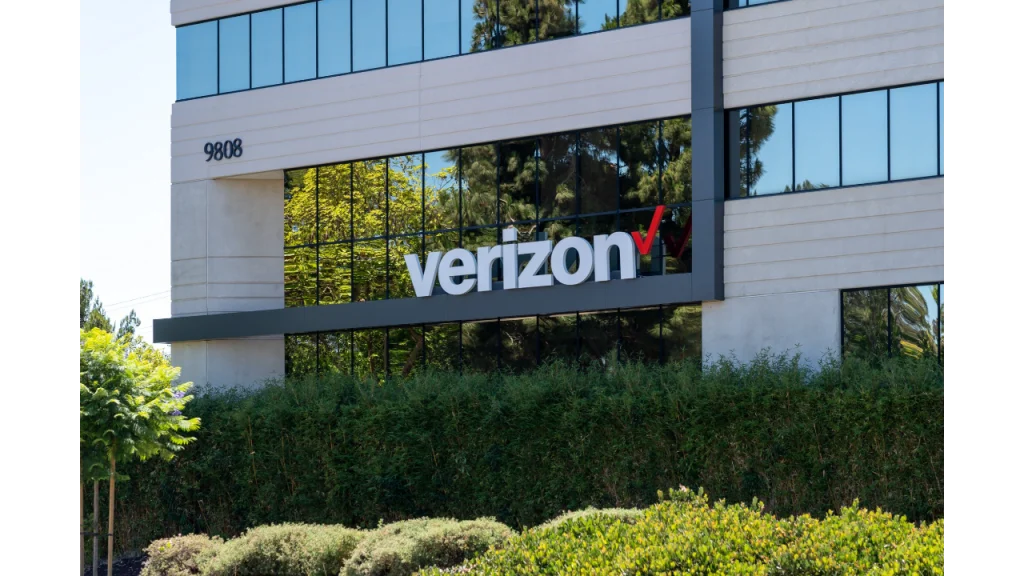- Verizon buys Starry, adding millimetre-wave FWA expertise
- Deal aims to reach more MDUs and expand subscriber base
What happened: Verizon strengthens growth in fixed wireless with Starry acquisition
Verizon has signed a definitive agreement to acquire Starry, a fixed wireless broadband provider focused on multi-dwelling units (MDUs) in major US cities. Starry operates in five markets including Boston, New York City, Los Angeles, Denver and Washington, D.C. The acquisition is expected to close in the first quarter of 2026, pending regulatory approval.
Starry is known for its millimetre-wave (mmWave) technology which helps deliver high-speed internet to apartment buildings using hybrid fibre and fixed wireless infrastructure. Verizon says this move will accelerate its plan to reach 8–9 million fixed wireless broadband (FWA) customers by 2028 and extend accessibility to 90 million households over time.
Starry currently serves nearly 100,000 MDU customers. Its network offers benefits where traditional wired connections face deployment challenges. Verizon highlighted that Starry’s technology is less expensive to build, faster to deploy, and well-suited to dense urban environments using existing fibre and mmWave spectrum assets.
Also Read: Verizon launches 6G initiative to level up wireless
Also Read: Verizon lifts 2024 forecast on wireless growth and cost cuts
Why it’s important
This acquisition marks a strategic step for Verizon to strengthen its fixed wireless portfolio, especially in dense MDU areas where fibre is costly or slow to deploy. Verizon will gain Starry’s technology and customer base, enabling it to combine fibre backbone with mmWave access for greater reach.
For renters and apartment residents, this means more broadband options and potentially faster deployment of high-speed internet without major construction. This also raises competitive pressure on fibre incumbents in urban markets. The integration of Starry’s hybrid model helps Verizon diversify its network strategy, reducing reliance on traditional wired expansion.
From a regulatory and market standpoint, the deal underscores the growing importance of FWA in addressing broadband access gaps. As regulators push for universal connectivity and competition, moves like this show how operators can leverage new technology to meet coverage goals faster and more flexibly.

